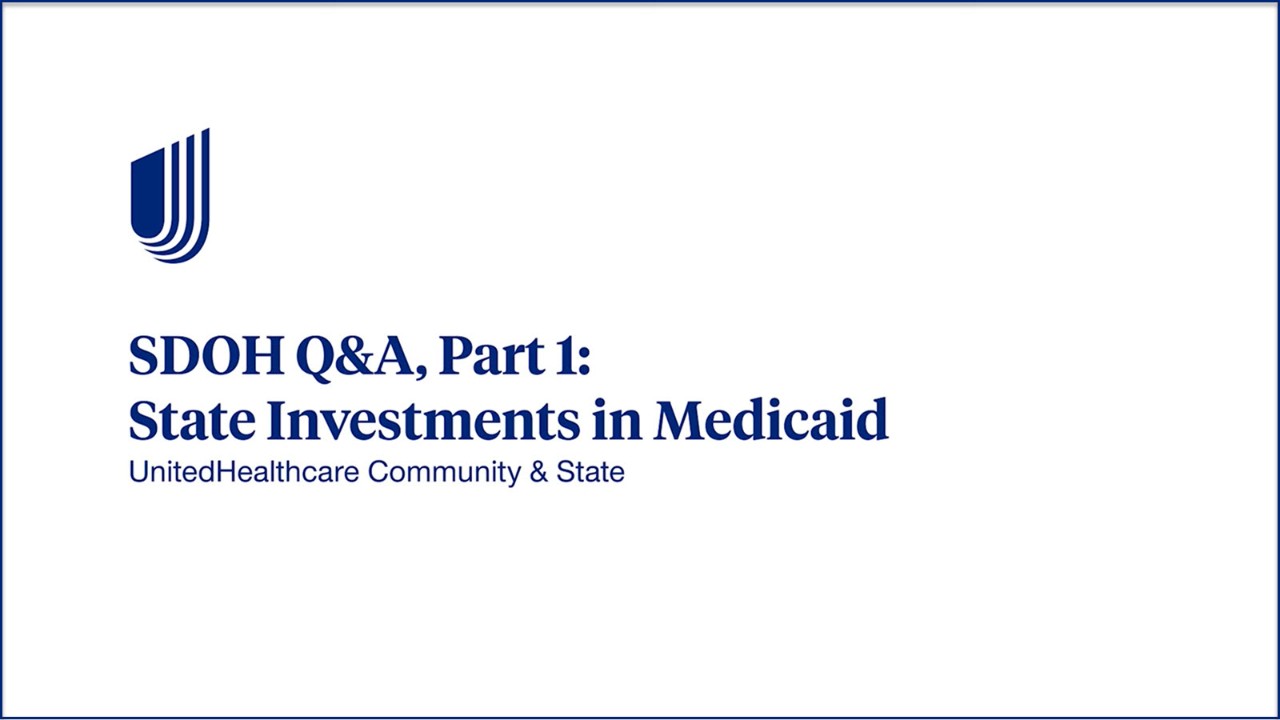Social drivers of health (SDOH) have long impacted Medicaid beneficiaries, especially within Black, Indigenous and People of Color (BIPOC) communities and the pandemic has only exacerbated this problem. The major factors playing into this were the dramatic increase in unemployment during the pandemic and the subsequent housing crisis. For many people, especially children, it also resulted in food insecurity. Each of these factors affected the BIPOC population disproportionately.
By focusing on delivering whole-person care, Medicaid managed care organizations (MCOs) can deliver much more than health care, including SDOH-related services and supports. Not only does this comprehensive approach improve health outcomes, but it also reduces costs. Some strategies states and MCOs can employ to improve SDOH include:
- Acknowledge that SDOH inequities exist through communication and training
- Develop interventions for SDOH
- Conduct assessments of physical, mental, behavioral health and social needs
- Make assessment-based referrals to a full scope of appropriate services
- Share screening and referral data across MCOs and providers to improve the care experience
- Follow up to ensure care is delivered and needs are met
This video explains how states and MCOs can work to reduce the impact of SDOH through better coordination and collaboration.
